The combination of credit constraints and indivisible consumption goods may induce some risk-averse individuals to gamble to have a chance of crossing a purchasing threshold. This idea has been demonstrated theoretically, but not explored empirically. We test this idea by focusing on a key implication: income effects for individuals who choose to gamble are likely to be larger than for the general population. Using UK data on gambling wins, other windfalls and durable goods purchases, we show that winners display higher income effects than non-winners but only amongst those likely to be credit-constrained. This is consistent with credit-constrained, risk-averse agents gambling to convexify their budget set.
Authors

Research Fellow University of Oxford
Hamish is the James Meade Professor of Economics at the University of Oxford, a Professorial Fellow of Nuffield College and a Research Fellow at IFS.

Research Associate University of Bristol
Sarah is a Research Associate at the IFS and Head of the Department of Economics at the University of Bristol with interest in applied microeconomics.

Research Fellow University of Michigan
Tom is a Research Fellow at IFS, a Research Professor for the Institute for Social Research at the University of Michigan.
Journal article details
- DOI
- 10.1016/j.jebo.2016.07.023
- Publisher
- Elsevier
- JEL
- E21,D12,D81,L83,C18
- Issue
- Volume 131, November 2016
Suggested citation
T, Crossley and H, Low and S, Smith. (2016). 'Do consumers gamble to convexify?' 131(2016)
More from IFS
Understand this issue
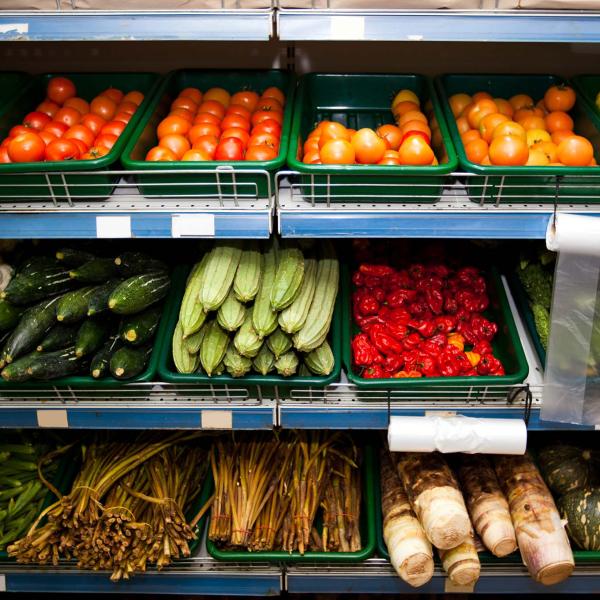
What's wrong with inflation?
10 May 2023

Transparency is key to maintaining trust in government. Let’s not cap it
12 September 2022
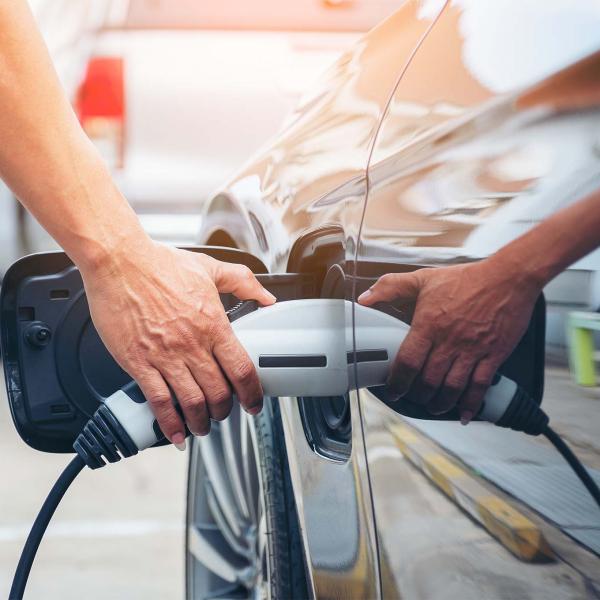
How should the government tax electric cars?
19 May 2022
Policy analysis
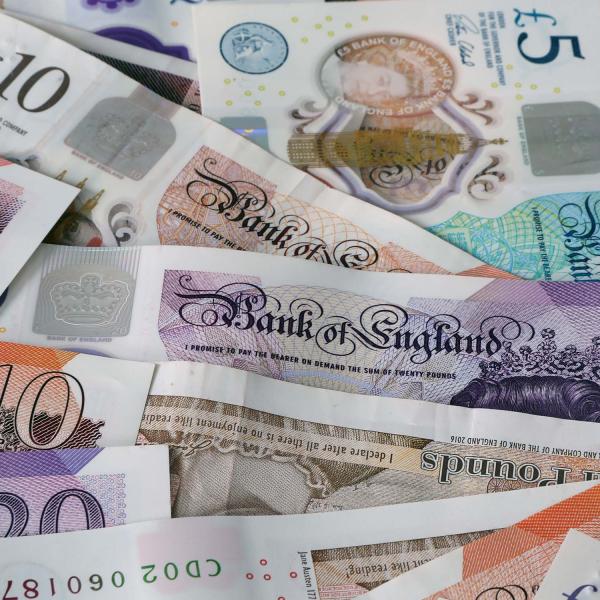
Tax and public finances: the fundamentals
23 August 2023
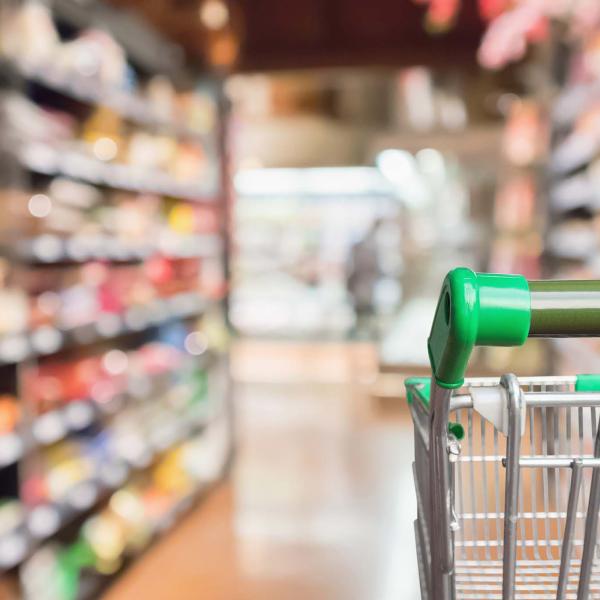
Poverty
13 July 2023
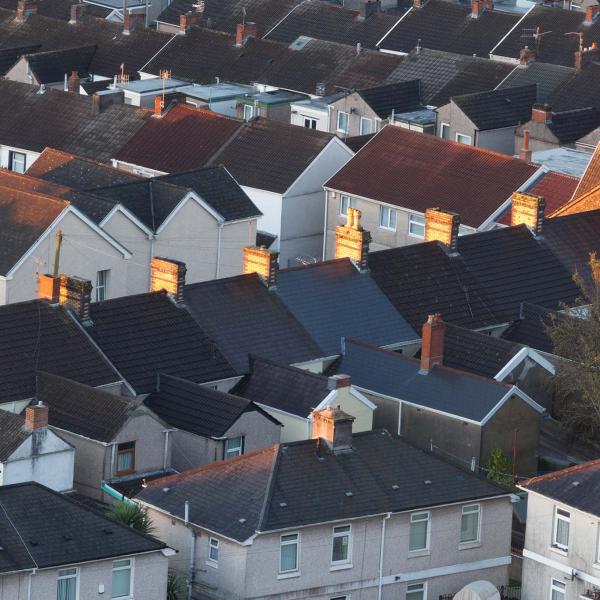
Living standards, poverty and inequality in the UK: 2023
13 July 2023
Academic research

Saving by buying ahead: stockpiling in response to lump-sum payments
2 February 2024
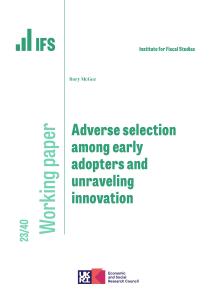
Adverse selection among early adopters and unraveling innovation
18 December 2023
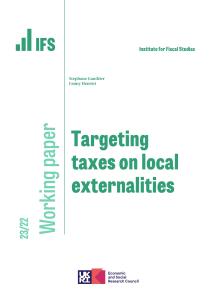
Targeting taxes on local externalities
14 August 2023